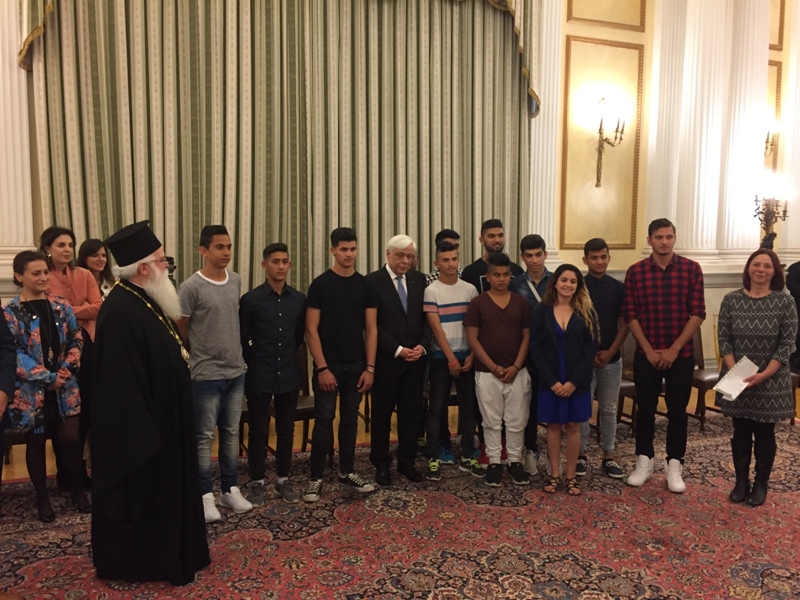Religious Education of the Roma People in Greece
Religious Education of the Roma People in Greece. The Ecumenical Theological Framework
of Communication, Intercultural Inclusion Interventions and a Case Study of Non-Formal
Education from the Orthodox Church
Nikolaos Tsirevelos*
The main concern of this article is to examine the conditions for Roma education through church and religious education. The program of the Holy Metropolis of Demetrias and Almyros “Agios Thaddeos” for the education of Roma is taken as a case study. This program belongs to the non-formal education sector. At the same time, the theological prerequisites of such programs by the Orthodox Church are examined in connection with the cultural identity of the Roma. The article concludes with an exploration of the conditions for the inclusion of Roma in formal education through religious education. The main purpose of Roma participation in religious education is religious literacy rather than catechism, as well as the preservation of their particular cultural identity. Emphasis is placed on the use of the tools of intercultural education and differentiated teaching in religious education based on the new curricula in Greece. In this way, formal and non-formal education are linked.
Keywords: Communication, Differentiated Teaching, Intercultural Education, Religious Education, Roma, Orthodox Culture
Introduction
Everywhere in the world, groups that have been carriers of different ethnic cultural identities have coexisted for many centuries. This is due to the movement of populations, which is caused by economic migration, refugees, forced relocation of populations (e.g., due to war, exchange of ethnic groups), trade, etc.



Σχόλια
Δημοσίευση σχολίου